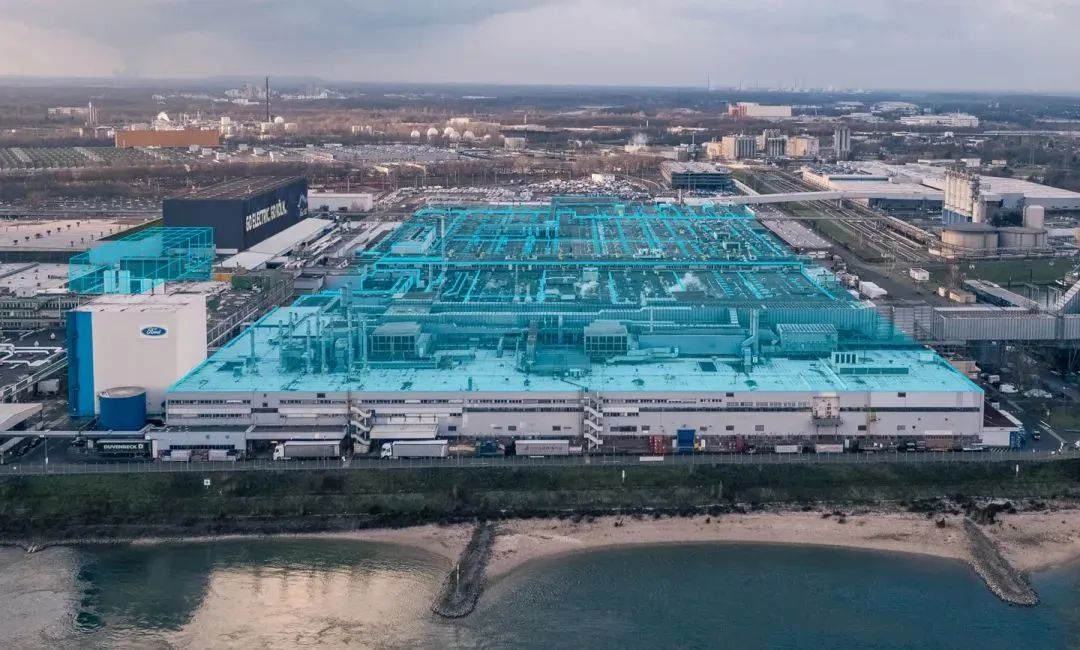U.S. automaker Ford cuts jobs
On February 14 local time, American automaker Ford announced that in order to cut costs and maintain competitiveness in the electric vehicle market, it will lay off 3,800 employees in Europe in the next three years. Ford said the company plans to achieve the job cuts through a voluntary separation program.
It is understood that Ford's layoffs are mainly from Germany and the United Kingdom, and the layoffs include engineers and some managers. Among them, 2,300 people were laid off in Germany, accounting for about 12% of the company's total local employees; 1,300 people were laid off in the UK, accounting for about one-fifth of the company's total local employees. Most of the layoffs were located in Dunton, southeast England. ) research center; another 200 will come from other parts of Europe. In short, the Ford layoffs will have the biggest impact on employees in Germany and the UK.
As for the reasons for layoffs, the main reason is to cut costs and maintain Ford's competitiveness in the electric vehicle market. In addition, high inflation in the UK, rising interest rates and rising energy costs, as well as the sluggish domestic car market in the UK are also one of the factors for layoffs. According to data from the Association of British Automobile Manufacturers and Traders, British car production will be severely impacted in 2022, with output falling by 9.8% compared with 2021; compared with 2019 before the outbreak, it will drop by 40.5%
Ford said that the purpose of the announced layoffs is to create a leaner and more competitive cost structure. Simply put, the layoffs are part of Ford's drive to reduce costs in the process of electrification. Ford is currently spending US$50 billion to accelerate the transformation of electrification. Compared with traditional fuel vehicles, electric vehicles are relatively simple to manufacture and do not require too many engineers. Layoffs may help Ford revive its European business. Of course, despite Ford's large-scale layoffs, Ford emphasized that its strategy of converting all European models to pure electric vehicles by 2035 will not change.

